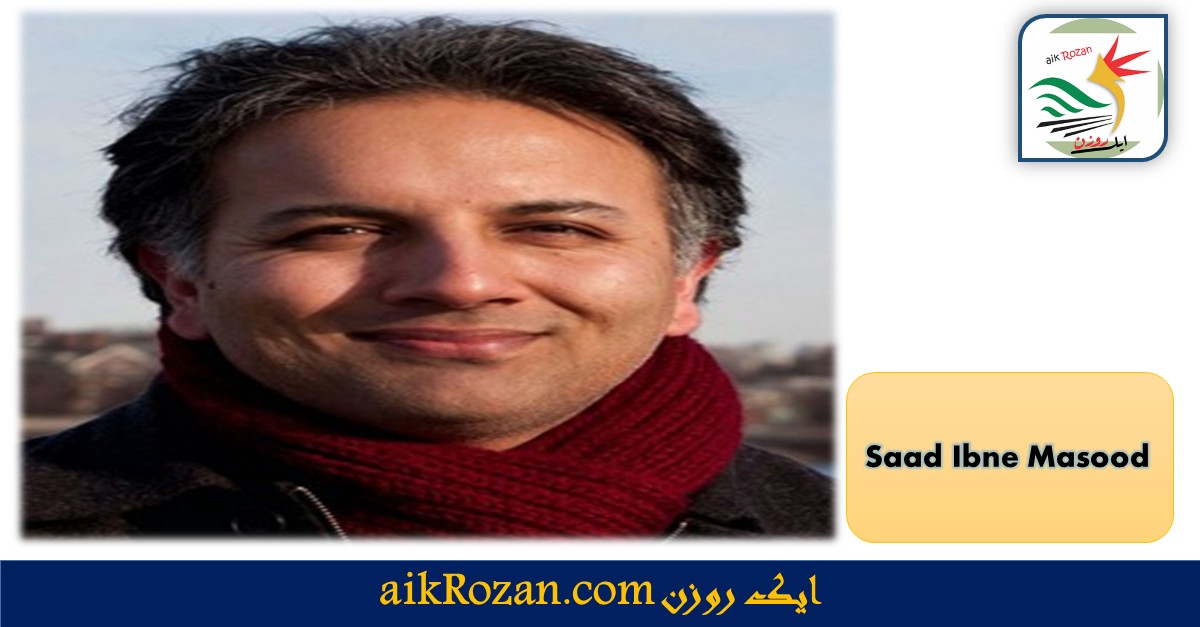
Prince Muhammad Bin Salman and the policy of survival
by Saad Ibne Masood
Prince Muhammad Bin Salman (MBS) has made waves since he started his anti-corruption initiatives after becoming the youngest crown prince, at the nascent age of 32, in the history of the House of Saud. If nothing else, the rounding up of Saudi royalty and aristocrats into the luxurious Ritz Carlton in Riyadh was a new ploy at an old game – staying in power. His efforts have been lauded and condemned in equal measure. But what is at the heart of his challenge to the status quo? In one word, survival – his and his kingdom’s.
If the average lifespan of a Saudi monarch is kept in mind, MBS might be ‘the’ king for a couple of Saudi generations for the next 30 odd years. He will also be the first Saudi king not to be the product of ‘brother to brother’ succession – he is the son of the current king and grandson of the kingdom’s founder, Ibn Saud. Thus, the added pressure of discharging his duties and more importantly, surviving palace intrigues. Can he succeed? Probably yes but only if he follows through on a three-pronged strategy. Consider.
First and foremost is shoring up the exchequer and diversifying the economy. Financial embezzlement is not to be tolerated and monies gained via corrupt practices is to be recovered. This is crucial considering new power alignment in the Middle East and the reduced reliance on oil across the world. Alleged corrupt practices in contracts such as the Al-Yamamah arms deal need to be investigated, put to bed and a future repeat avoided. In order to do so, rebuilding of financial and taxation institutions is key to engender more transparent trust in the system in the form of appropriate check and balances. That is why the recent drive of hauling up princes and businessmen to cough up a portion of their wealth is only a good measure at the tactical level and will definitely pay no dividends in the long term. Finally, a diversified economy must open up to international markets so that it is more ‘employment friendly’ and the local population – especially Saudi youth – are afforded sufficient opportunities to become contributing members of society.
Secondly, sufficient social reform is crucial in appeasing a restless – and more and more jobless – population. MBS needs the people to be on ‘his side’ if he intends to survive as king for more than a decade. The example of Turkish president, Recep Tayyip Erdoğan, surviving a military coup on the basis of popular public support is a great example in point. MBS will need himself to be loved and even revered by the populace. He has started well – lifting bans on cinemas, allowing women to drive, opening up stadiums to females and planning music concerts, starting Comic-Con, setting up an entertainment city and even making yoga halal! These are all good examples but more needs to be done in order to institutionalise these, and further, social reforms as presently they are only because of the crown prince himself.
The third leg of the survival policy rests on regional leadership with regards to inclusivity. MBS will need to demonstrate that he is willing to go the extra mile in order to mingle with other Arab nationalities within the region and reduce the tendency of engaging in proxy wars in other countries. One good example of this effort could be the new economic zone to be established on almost 500 km of the Red Sea coast, in a tourist area that has already been earmarked as a liberal hub rivalling that to Dubai. This is where male and female bathers will be free to socialise. MBS needs to ensure that tourist and visa policy compliments this endeavour so that neighbouring Arabs can also make the journey. Presently, the residents of the Kingdom tend to travel to Bahrain to enjoy facilities such as these – in the near future, the reverse is also needed.
Although it is good to articulate these three strategies in the pursuit of the policy of survival but there are also three great obstacles that MBS will have to overcome.
One, Saudis have been living on government handouts and stipends for quite some time. With reduced revenue from oil, these luxuries have now been removed and a very poor Saudi work ethic unmasked. Two, there is a general reluctance to change considering Saudi’s dominance of regional and world politics for decades. This is true not only within the local population but also in the annals of government. Three, a very bureaucratic and often crippling regulatory environment that stifles fiscal growth, innovation, foreign direct investment and broadening of the economy exists. These hindrances are not easy to overcome but impetus and momentum that MBS has generated till date puts him in a great palace to at least challenge and manage, if not completely dismantle, these age-old notions of governance. Only then the policy of survival, for himself and his kingdom, will be successful.
Country at the crossroads – this is a phrase that has been repeated many a times by many a political commentator. Regrettably, this is truer for Saudi now than any other time in its past. Lessons for Pakistan as well? For now MBS has thrown down the gauntlet, it is important that he finish what he has started, or else Saudi will not survive in the corridors of power let alone MBS sitting on the throne for long.
The writer is Director Programmes for an international ICT organisation based in Reading UK and writes on corporate strategy, socio-economic and geo-political issues. He can be reached at [email protected].



Very well written article. MbS has opened many of the fronts and heading the state towards multiple challanges. Anyhow thought provoking poece of writing.